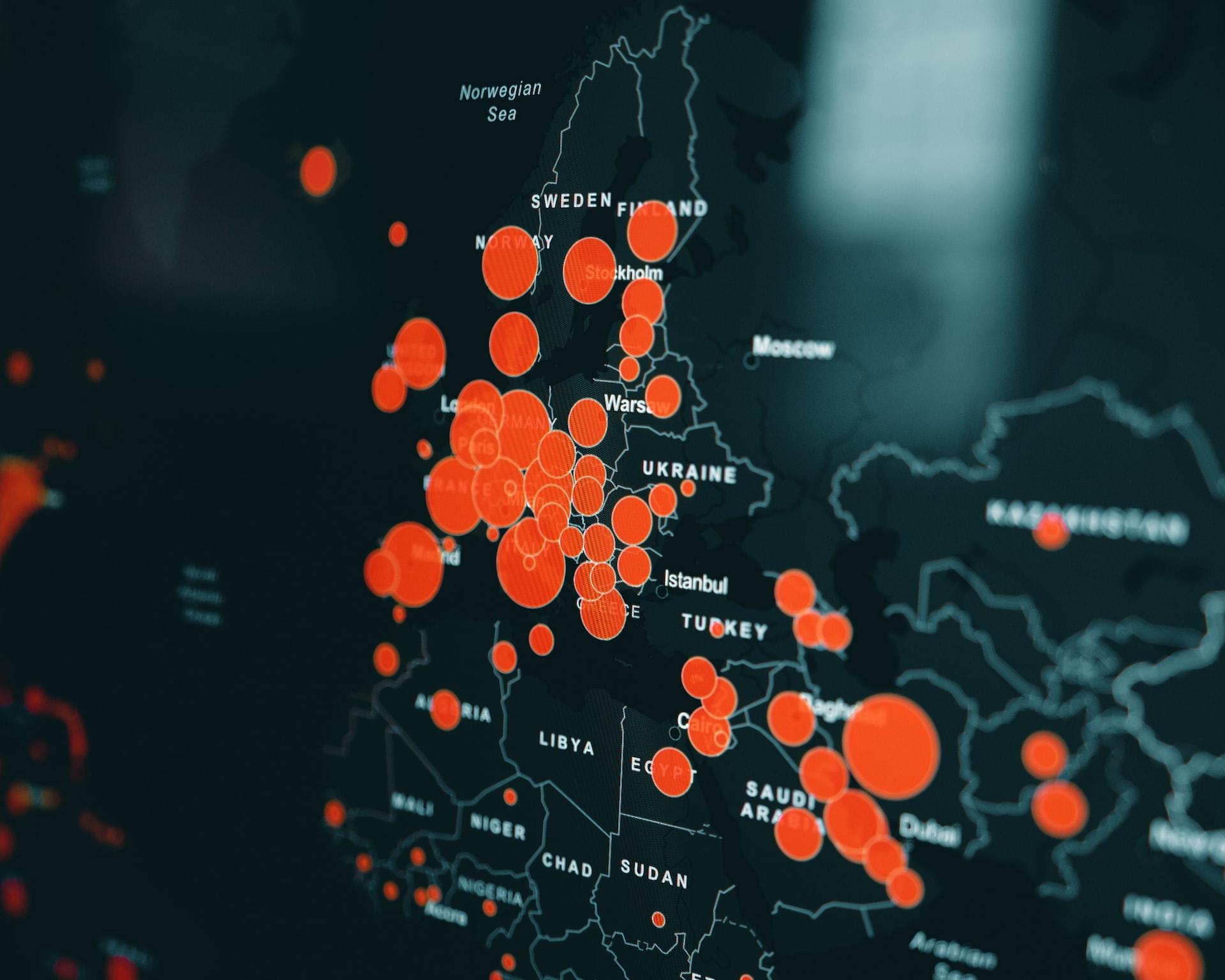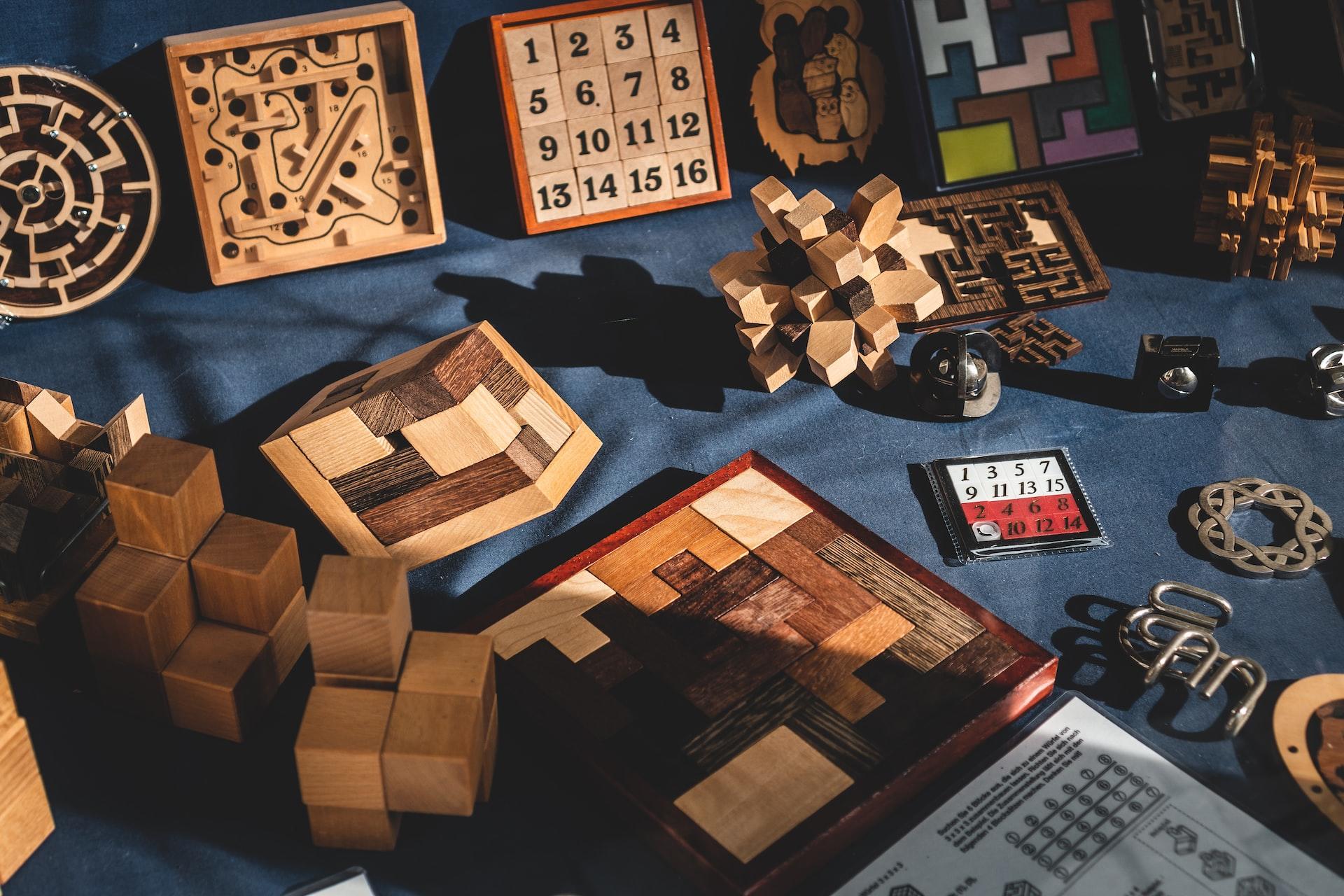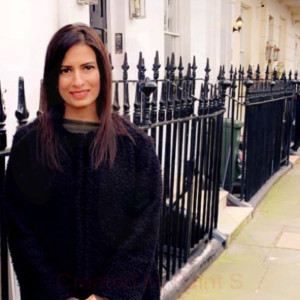Chapters
Every year, post-exam season, the Department for Education publishes a report. In it, they detail all sorts of information about the foregone exams. Data like how many students sat exams this year. How many boys and how many girls? Which General Certificate of Secondary Education (GCSE) courses awarded the best grades and which ones were the worst.
Do you know how they figure out all that? With statistics, of course. First, they gather up all the data: how many sat this exam board's tests and how many sat that one's. All of the students' relevant details. Of course, they have to wait until all the grades are in to complete their analysis. They could hardly publish success rate information without knowing how many students were successful, could they?
Statistics have applications in every walk of life. We humans do so love to quantify, don't we? Statisticians work everywhere, at the highest levels of government and in the sportscaster's booth. Weather forecasters use statistics to predict the weather. As versatile as GCSE Statistics, is, students naturally want to know:
- what can I do with a Statistics GCSE?
- why are statistics so important?
- what does the GCSE Statistics curriculum cover?
- how much maths is involved in statistics?
- do you have to be good at maths to be good at statistics?
- can you study statistics without being good at maths?
In this article, Superprof aims to answer these questions and more. For now, though, we need to let you know that GCSE Statistics is not all maths, all the time. Often, it's more about common sense and critical thinking. With that fact out in the open, let's figure out whether GCSE Statistics is the right course for your life and work.

GCSE Statistics: the Path to the Best Jobs
Did you know it has been statistically proven that GCSE Statistics is a great subject? One reason is that the need for statisticians and data scientists keeps growing. In fact, studies predict we'll see a shortfall of thousands of statisticians within the next five years.
To attract top talent, laboratories and data analysis firms offer higher-than-average wages, even for entry-level positions. Keep in mind that statisticians usually work in an office. They have little opportunity to travel for work but you may still have some field work to do. Also, many businesses are looking to downsize their office footprint. Thus, you may have the chance to work from home, too.

Are you passionate about climate change, environmental damage, wildlife conservation and world hunger? How about melding your beliefs to a science that could do something about them? Statistics is a predictive science. Conservationists, climatologists and others use predictive analysis to project where the greatest negative impacts will appear. They can then work to mitigate the worst effects and minimise harm.
Or maybe you're just a fun-loving soul with a competitive edge. How would you like to be a sports statistician? Your work might call for you to rank top teams. Or perhaps you could assess basketball players' performances to discover a future star player. This type of statistical analysis even has a name: the Moneyball method. If that sounds like you've found your calling, you should find out how to get top grades in Statistics GCSE.
You might be a maths wiz and feel pretty confident about starting GCSE Statistics. You might not be sure yet whether Statistics is the right subject for you. Or you might just be intellectually curious and want to study a subject where you can give your curiosity full rein. No matter which of these you are - or if they're all you, let's give you a run-through of what you can expect from this GCSE. Who knows? It could be a great opportunity for you.
GCSE Statistics and Maths: Natural Partners
We'll make no bones about it: maths is anxiety-inducing. Maths anxiety is a very real condition that thousands of students labour under. Fortunately, this condition is finally getting the attention it deserves. If you are among the maths-anxious, let us further ease your mind.
Maths features prominently in statistics. Both Edexcel Statistics and GCSE Statistics AQA include questions that require you to show your calculations. However, neither exam is terribly maths-heavy. You have a fair mix of questions that need only logic and common sense to answer. And some lean more towards hypothesis formulation.
Whether you sit Edexcel Statistics or the AQA equivalent, rest assured that your exam reflects real-world conditions. These days, statistics is less about the slide rule and manual graph plotting. Computer programs do the heavy lifting in these aspects. Statisticians interpret and make projections based on what the programs reveal.
Of course, you have to know what answers you're looking for and which data can deliver them. That entails asking the right questions, designing the right experiments and inputting the right data sets. Thus, you'll need to know how to sort raw data. You'll have to know what, from among all that data, are the qualitative points. And, once your statistics are rendered, you have to know how to read the results.
If you’re great at Maths, statistics would be a natural fit for you. If Maths lessons bore you to tears or you aren’t confident in your mathematical abilities, you nevertheless have a shot at GCSE statistics. Talk your GCSE subject choices over with your teachers and caregivers. There's a good chance they'll encourage you to go for Statistics, despite your misgivings.
Anyway, you will have already completed aspects of statistics in your maths lessons even before you get to Key Stage 4. Why not double check your grades for those topics and then, ask yourself how interesting you found those lessons. This small exercise will eliminate the agony and drama of choosing your subjects. It may even prove that your mathematical abilities are up to the GCSE Statistics challenge.

Signs That GCSE Statistics is Right for You
Many people - not just students, are unaware of just how far-reaching maths and statistics are. We'll leave aside those who are not currently plotting their GCSE track. They have the luxury of time to debate which aspects of their lives do and don't rely on those disciplines. We need to help you sort out whether the Statistics GCSE is right for you.
If You Want to Study Business or Psychology
It's a given that, if you want to pursue studies in Maths, Chemistry, Biology or Physics in Sixth Form and university, GCSE Statistics is right for you. Less clear is aiming for a career in business, psychology, and for those who plan to sit one of their GCSEs in Geography.
At a stretch, one could see how Business Studies incorporate statistics. For instance, marketing practices routinely use statistics to target advertisements. How psychology justifies its statistics usage is less clear. But only if you focus on the therapeutic aspects of that discipline. Once you incorporate psychological research into the mix, it's obvious that psychology researchers make ample use of statistical measures.
If You're Aiming for any Career in Research
We just touched on psychological research but that's not the only discovery field where statistics plays a part. Epidemiologists are consummate users of statistics. They provide us with data about health conditions like obesity and ageing. More recently, the coronavirus pandemic. Other investigative fields include public affairs and public service, political science and many more.
You will probably find GCSE statistics very rewarding if you enjoy subjects that have clear relevance to the working world. The subject focuses on how statistics are used in real life. You may be surprised how widely used Statistics are. In the Edexcel Statistics course or its AQA counterpart, you will learn about the strengths and limitations of statistics in realistic scenarios. For once, a curriculum that won’t leave you wondering “When will I ever use this knowledge again?”.
GCSE Statistics and Personal Development
Students often consider academic learning a separate proposition from their personal development. Some go so far as to choose Construction GCSE instead of academic subjects, just to make that point. Of course, most don't put it exactly in those terms but the sentiment is clear. "I am who I am and school doesn't define me!". The wider world agrees.
Personal development is often talked about in terms of adults defining who they are. Many businesses have personal development coaches on staff for consultation with their employees. Often, those same businesses require their employees to fill out personal assessment inventories every year to determine how much of a pay raise they'll get. In these circles, personal development is a billion-dollar industry.
By contrast, adolescents' personal development initiatives are considered a part of the educational process. In other words, academic learning. Thus, personal development for students is more of a passive, secondhand effort. That doesn't mean students don't engage in self-improvement, as personal development is also called. It's just that they mostly come to critical realizations on their own, without the help of a counsellor or mentor.
So maybe students are right when they say that school doesn't define them. But what does all of this have to do with GCSE Statistics? Let's find out.

If You Enjoy Solving Puzzles
GCSE Statistics involves a lot of prediction, probability and data interpretation. These Statistics facets compel you to make fast, logical decisions under time constraints. If you're particularly adept at looking at puzzle pieces and fitting them all together, GCSE Statistics is the course for you.
Studying Statistics hones your critical thinking, problem-solving and decision-making skills. When statisticians build hypotheses and sort through raw data, they must think critically about the data sets that will give them the answers they need. Then, they use that information to address all types of problems, from social issues to supply chain management.
Often, statisticians are not the decision-makers. However, they make recommendations based on data indicators to inform decision-makers. Those could be their company's Chief Executive Officer or a government agency. If this sounds like the sort of work that you could easily sink your teeth into, then you will be definitely well up for GCSE Statistics. Like GCSE Drama, Statistics teaches you these and other transferable skills.
If You Are Rules-Oriented
Some people naturally prefer logical, orderly progression. Every process must follow its sequential steps. For them, there is no debate over whether the milk goes in before or after the tea. There's nothing at all wrong with that.
Anyone who can visualise a linear progression from Point A to Point B is likely a natural at Statistics. Not the least because of the logical thought processes and actions described above. They simply have a solid understanding of cause-and-effect laws. That is to say, you can look at an 'effect' and feel compelled to determine its causes. Statistically, of course.
If You Have a Good Memory
Statisticians have a good memory for mathematical rules and methods. They also have a flair for numbers and they tend to remember trends. If you're the type who dazzles at trivia games; if you pride yourself on the plethora of random facts you can recall at will, Statistics is definitely the course for you.
It’s important to know that you will sit all of your GCSE exams at the end of Year Eleven. Effective revision techniques will be absolutely essential. If revising mathematics does not come naturally to you, taking Statistics alongside your Maths GCSE may actually boost your grade in both subjects. And if you are confident in your ability to recall all your maths topics, then taking Statistics alongside Maths should be a piece of cake.
Overall, Statistics is a fantastic opportunity for those of you who are mathematically or logically inclined. This subject gives you the chance to study something relatively new, in considerable detail, during your GCSE years. So, you should now have a clearer idea of whether GCSE Statistics is right for you.















